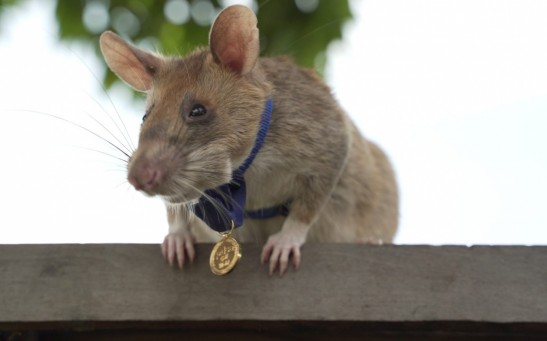Animals
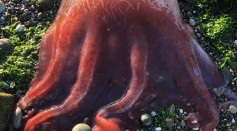
Rare Seven-Armed Octopus Found on Washington Beach
New Study Reveals Real Size of Megalodon Shark
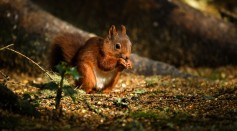
Red Squirrel vs. Woodpecker: Who Wins the Fight Over Nuts?
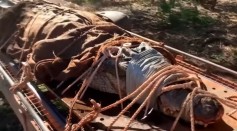
Car-Sized Crocodile Captured at Tourist Spot in Flora River Nature Park
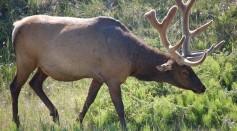
Elk Takes Revenge on Archer a Day After It Was Shot With an Arrow
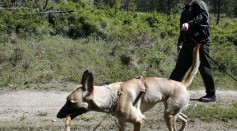
Retired Military Dog Set to Receive Dickin Medal
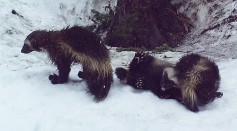
Conservationists Spot Family of Wolverines on Mount Rainier After 100 Years
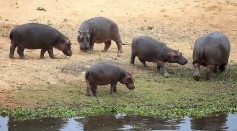
Hippos Have Disrupted Colombia's Villages and Ecosystem
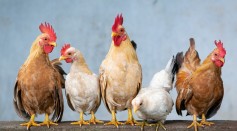
Domestication of Animals May Have Led to the Development of Smaller Brains

These 4 Animals Possess Specialized Senses
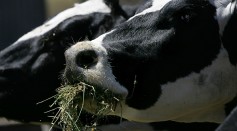
Herbivores, Not Predators, Are at Most Risk of Extinction
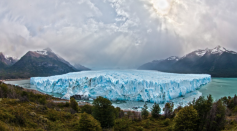
Marine Species are Moving Towards the Poles Six Times Faster than Terrestrials Amid Climate Change: Here's Why

Evidences Of Earliest Winged Mammals Were Discovered From the Jurassic Period In China

Mouse Sperm Miraculously Produce Healthy Mice After Surviving Nine Months In Space
Most Popular

AI Revolution in Medical Education: Transforming How Healthcare Professionals Learn

Optimizing Complex Catalog Systems with Graph Theory and Indexing

Out of Office, Not Out of Mind: Planning for Employee Holiday Absences

Nikolay Karpenko Biography, Photo, Career, Accomplishments

